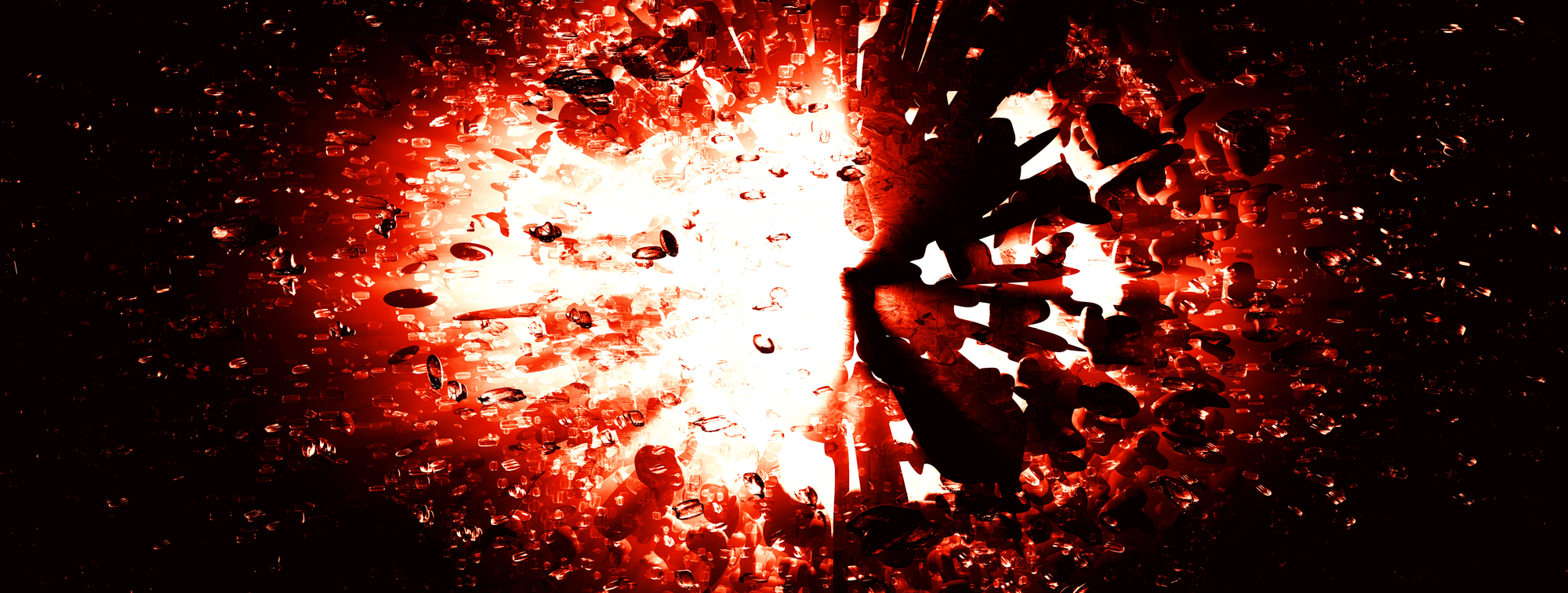What do black holes have to do with the Big Bang?
A few milliseconds after the Big Bang, there was apparent chaos in the universe. While particles merged and broke apart again, incredibly strong pressure waves ran through the early cosmos. They pressed the particles so tightly against each other that black holes were formed, today called primordial black holes by astrophysicists.
What impact did these black holes have on the formation of the first stars, about a hundred million years later? The Standard Model assumes that black holes at that time favored the formation of halo-like structures through their gravitational pull as condensation nuclei, similar to how clouds are formed from dust particles. This promotes star formation, because these structures later served as the scaffolding that helped matter come together to form the first stars and galaxies. However, a black hole heats the infalling gas. This causes a hot accretion disk to form around the black hole, which in turn ionizes and heats the surrounding gas. That’s a minus for star formation, because you need cool, not hot, gas to compress enough for the first nuclear fusions to eventually take place and a star to ignite.
Supercomputer simulations helped study this cosmic question – for example, on the Stampede2 supercomputer at the Texas Advanced Computing Center (TACC), part of the University of Texas at Austin. “We found that the standard picture of the formation of the first star is not really changed by primordial black holes,” says Boyuan Liu, a postdoctoral researcher at the University of Cambridge. Liu is the lead author of a paper published in the Monthly Notices of the Royal Astronomical Society. “We found that these two effects – black hole heating and seeding – almost cancel each other out, and the effects on star formation are ultimately small,” Liu says. Depending on which effect predominates, star formation by primordial black holes can be accelerated, delayed or prevented. “For this reason, primordial black holes can still be important,” he adds.
But there are other effects as well. Research also suggests that primordial black holes interacted with the first stars, producing gravitational waves. “They could also trigger the formation of supermassive black holes. We plan to investigate these aspects in follow-up studies,” Liu says.
